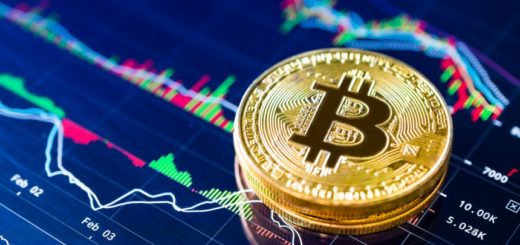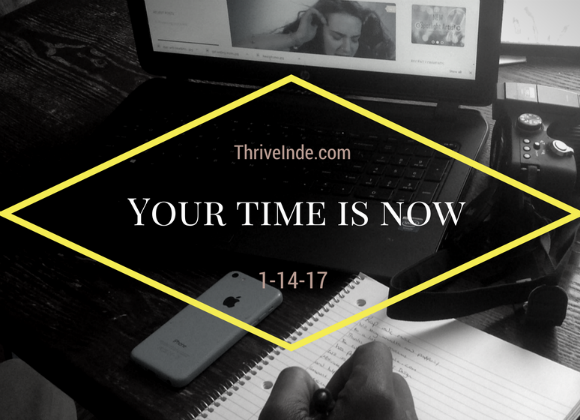Will Big Data Trump Big Ears
The music industry is filled with talented creators. There is even more talent lurking in high school hallways and the furthest reaches of the world wide web. The music industry has made it its point to discover and profit from each individual that can carry a tune. However, they cannot get to them all and surely cannot predict which song will rock the billboard. Artist like Drake and Rihanna make it look simple, but it’s not. The human ear is limited to their owner’s bias but big data isn’t.
Big Data is on the way

There are several emerging tech companies gathering and analyzing large amounts of data in order to predict the next superstar and billboard smash. These companies promise to provide industry A&R’s, playlists curators and music supervisors with the data they need to do just that. But how accurate can this data be? Could it really project the next breakout sensation?
One company called Hitwizard compares sound arguments against airplay data sourced from Dutch radio and the local Spotify charts. There are numerous studies revealing that people like songs that sound familiar. Hitwizard claims there AI has a 66 percent chance of predicting the next hit, which to me seems like a fair estimation from the data I have gathered. It has also been noted that Hitwizard has a 93% chance of predicting a flop, Yikes.
TuneGo, another emerging company in the field factors in artists online activity, fan engagement, and their industry response when determining their chances of making it mainstream.
Big Data is already in use

Spotify, a data-driven streaming service that recently went public, owes most of its success to big data. Their playlists are the most listened to in the world, making a spot on one highly coveted by artists. These playlists are curated with the help of big data. It has been reported that a relatively unknown artist can boost his or her streams from 50-100% by landing a song on one of their lists.
So obviously big data works. But like everything else, it’s not without flaw. New trends in music that would intrigue humans will escape big data predictions. Also, we as people do lean towards familiarity, but we evolve and change as we age and our children become the new buying power. This is how rap music took over as the new pop!
Music isn’t just numbers
In music machines and data can assist but people will always have a role to play. There are experiments going on as I write this, that will have AI not only predict the next star but generate music for performers. Though I am a self-declared futurist I as a music enthusiast cannot view this as something good for the industry or the audience. Music has an intangible, almost spiritual quality to it that will never be mimicked by machines. People feel people. We relate to one another. It is my theory that these emotions transcend the pen and the radio to penetrate directly to our souls. Music motivates, inspires, and gets us through life’s ups and downs and that’s because real people have experienced it and shared their experiences through lyrics and delivery.
What do you think? Will Big data eventually replace Big ears? Leave a comment below and get the conversation started.







This is amazing. I agree, big data won’t trump big ears. But based on your presentation it will play a role
Yes, it definitely will! Big Data can provide valuable information but only humans can start waves!!
This is a powerful article, The insight is incredible